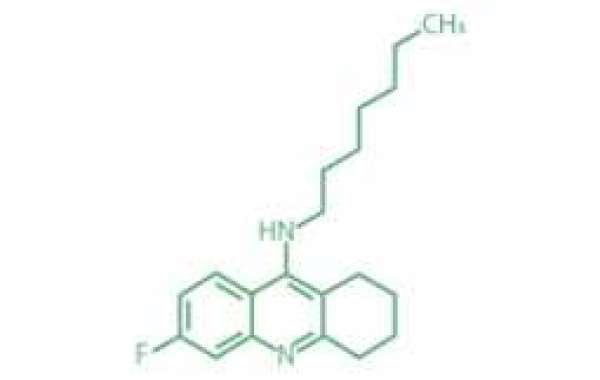If you’re accustomed to reading the ingredient lists on food packages, you’ve probably noticed sodium caseinate printed on many labels. You may wonder what it is and why it’s added to so many edible and inedible goods.
This article explores everything you need to know about sodium caseinate, including what it is, how it’s made, and whether it’s suitable for your diet.
What is sodium caseinate?
Sodium caseinate is a compound derived from casein, a protein present in the milk of mammals. Casein is the dominant protein in cow’s milk and responsible for its opaque, white appearance. It’s an integral component of many milk-based products like ice cream and cheese. Casein proteins can be separated from milk and used independently as a supplement or additive to thicken, texturize, and stabilize various food products.
How it’s made
The terms casein and sodium caseinate are often used interchangeably, but they differ slightly on a chemical level. Sodium caseinate is a compound that forms when casein proteins are chemically extracted from skim milk.
First, the solid casein-containing curds are separated from the whey, which is the liquid part of milk. This can be done by adding specialized enzymes or an acidic substance — like lemon juice or vinegar — to the milk.
Once the curds have been separated from the whey, they’re treated with a basic substance called sodium hydroxide before being dried into a powder. The resulting sodium caseinate powder can then be used in a variety of foods.
A variety of uses
Sodium caseinate is an ingredient with many broad and useful applications in the food, cosmetic, and personal care industries.
1.Nutrition supplements
Casein comprises approximately 80% of the protein in cow’s milk, while whey accounts for the remaining 20%. Sodium caseinate is a popular protein choice in supplements like protein powders, snack bars, and meal replacements because it provides a rich source of high quality and complete protein. Proteins are considered complete if they contain all nine essential amino acids that your body needs to stay healthy.
Research suggests that casein can promote the growth and repair of muscle tissue, which makes it a popular protein supplement choice among athletes and weight lifters. Due to its favorable amino acid profile, sodium caseinate is also frequently used as a protein source in infant formulas.
2.Food additive
In addition to being a great source of protein, sodium caseinate has many functional attributes that make it a popular additive in the food industry. For example, it has a high capacity for water absorption, meaning it can be used to modify the texture of foods like dough and commercially prepared baked goods. It’s also frequently used as an emulsifier to keep fats and oils suspended in products like processed and cured meats.
Sodium caseinate’s unique melting properties also make it useful for producing natural and processed cheeses, while its foaming properties make it an ideal additive in products like whipped toppings and ice cream.
3.Other applications
Although it’s usually added to food, sodium caseinate is also used to change the texture and chemical stability of a variety of other products like pharmaceutical drugs, soap, makeup, and personal care products.
Not right for everyone
Although sodium caseinate is safe for most people to consume, certain people should avoid it.
1.Casein allergies
If you have an allergy to casein, it’s best to avoid sodium caseinate, as it could trigger an allergic reaction. Milk protein allergies are common among children. The exact allergic response varies between people but may include symptoms like diarrhea, vomiting, pale skin, and weight loss.
In adults, milk protein allergies are less common but can be more severe and potentially life threatening. Keep in mind that lactose intolerance and milk protein allergies are different conditions. Lactose intolerance is when you have difficulty digesting the sugar in milk, not the protein. Even though sodium caseinate can contain low levels of lactose, many people with lactose intolerance have no problems digesting it. On the other hand, if you’re allergic to casein, you should avoid consuming any product that contains sodium caseinate.
2.Not vegan-friendly
Because sodium caseinate is derived from cow’s milk, it’s not appropriate for vegan or dairy-free diets. This can be somewhat confusing, as many processed foods labeled “nondairy” contain sodium caseinate. Examples include nondairy coffee creamers and some nondairy processed cheeses. If you’re unsure whether a particular product includes sodium caseinate, check the ingredient list closely.








